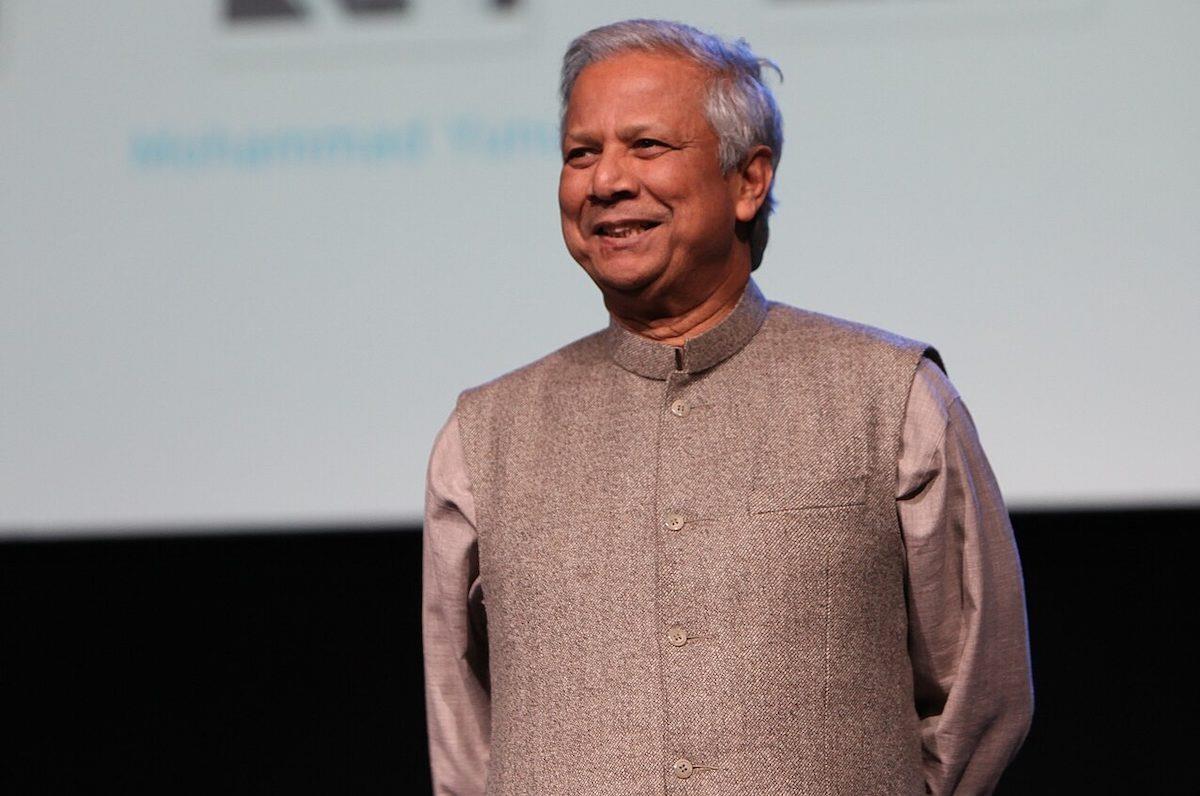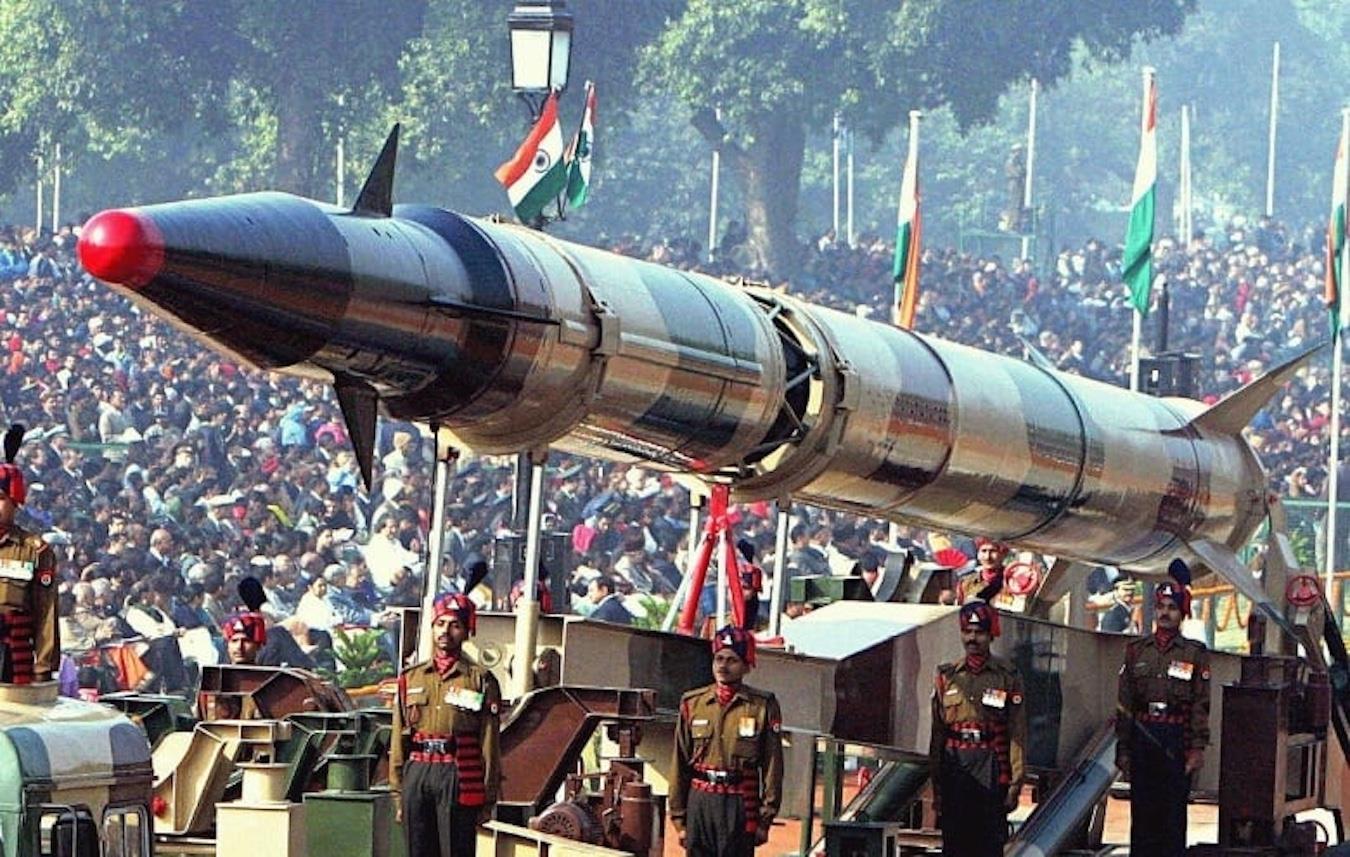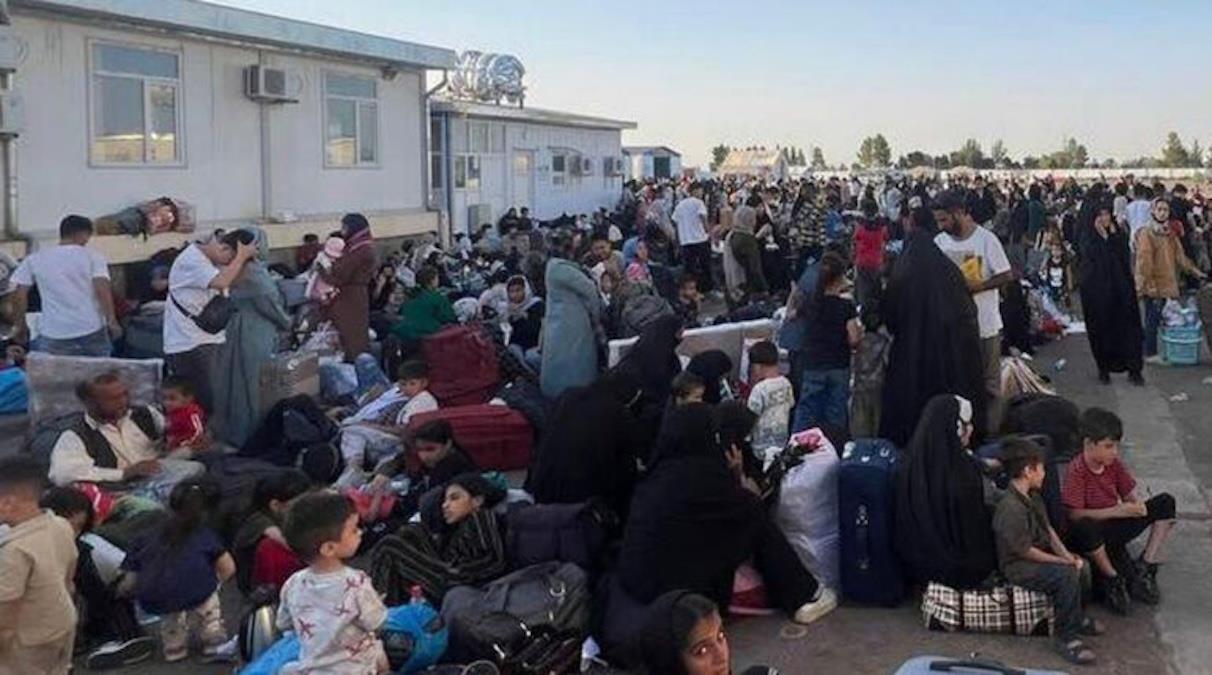
Glimmers Of Economic Hope In Yunus-Led Bangladesh
Years of rampant corruption , mismanagement and dwindling opportunities for young people – not to mention the brutal repression of its then-autocratic government – had left the country's financial institutions on their knees.
The banking system teetered on the brink of collapse under the weight of massive bad loans and capital flight. Meanwhile, foreign reserves dwindled due to a worsening trade deficit and declining remittances from Bangladeshi migrant workers abroad.
The immediate aftermath of the toppling of autocratic leader Sheikh Hasina after 36 days of protest suggested that the country's new leaders faced an unenviable task righting the economy. Law and order disintegrated , as large segments of the police and other law enforcement agencies - loyalists of the overthrown government - disappeared into hiding.
Meanwhile, several actions of India, Bangladesh's powerful neighbor and major trading partner, further destabilized an already volatile situation. The government in New Delhi, which had been close to the Hasina government , began exerting economic , political and diplomatic pressure on Bangladesh after providing refuge to numerous leaders and activists from the deposed administration, including Hasina herself.
Despite this gloomy picture, however, things look brighter a year on. As an expert on international economics and Bangladeshi politics , I believe Bangladesh has achieved a remarkable degree of economic and political stability under Muhammad Yunus's caretaker government.
Yet massive domestic and international challenges persist and will need careful handling in the months and years to come.
Charting economic and political stabilityAt the urging of the student leaders leading last year's protest movement, Yunus became the de facto leader of Bangladesh's interim government on August 8, 2024.
The 2006 Nobel laureate , renowned for his pioneering work in microloan and social business, formed a transitional administration comprising technocrats, civil society leaders and student representatives.
Its stated goals were restoring order, organizing free and fair elections, implementing democratic reforms and bringing accountability to those responsible for the killings of political activists during Hasina's reign.

Legal Disclaimer:
MENAFN provides the
information “as is” without warranty of any kind. We do not accept
any responsibility or liability for the accuracy, content, images,
videos, licenses, completeness, legality, or reliability of the information
contained in this article. If you have any complaints or copyright
issues related to this article, kindly contact the provider above.






















Comments
No comment